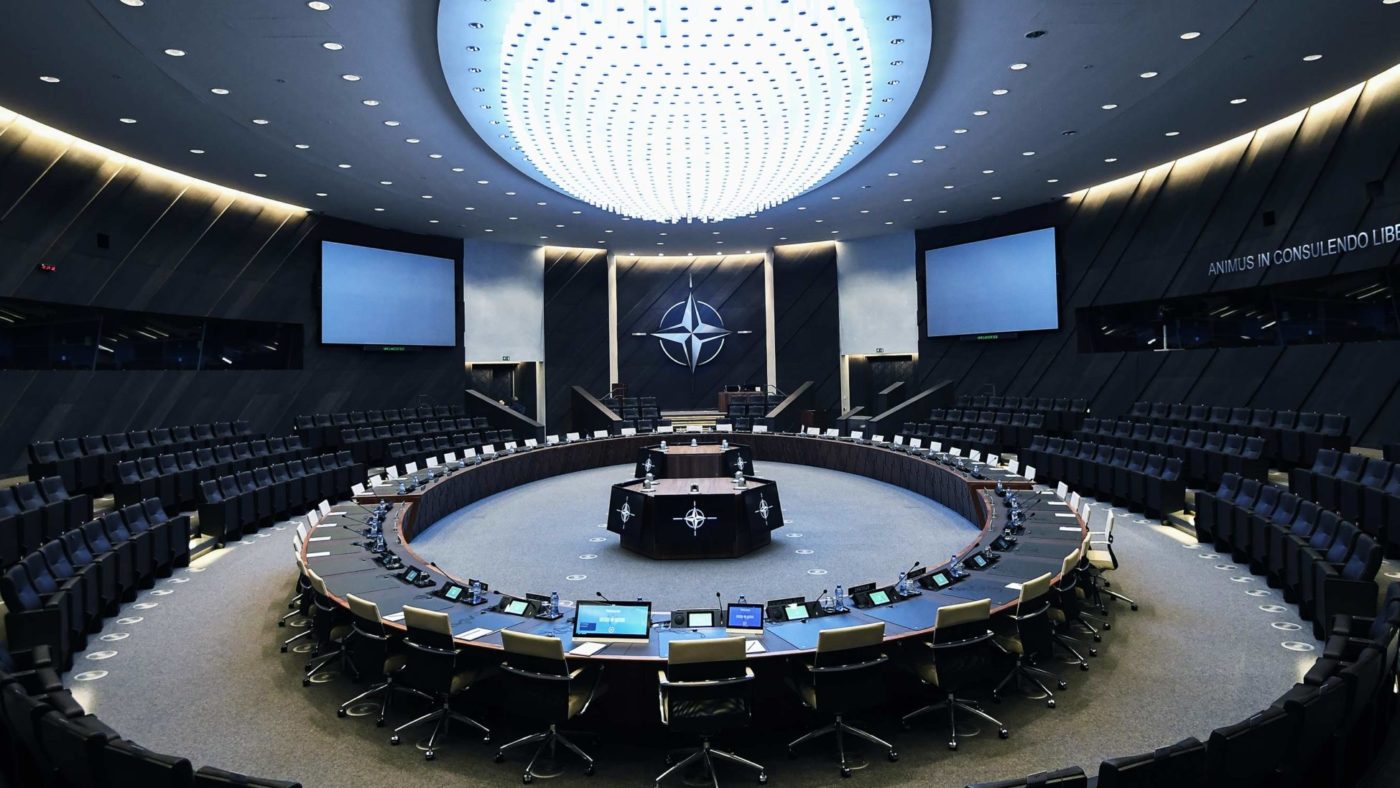There are good reasons to be worried about the damage that the US President can do to NATO at today’s summit in Brussels. For much of his adult life, Donald Trump has harboured a distinct disdain for the alliance. As early as in 1987, he spoke of America’s “disproportionate” contributions, of which other countries were taking “tremendous advantage.”
But Trump’s zero-sum view of the world is not the alliance’s biggest problem. Short-sighted as it may be, there is an internal logic to Trump’s transactional approach. Instead of dismissing it as “immature,” as Germany’s Defence Minister Ursula Von der Leyen did, Europeans should turn it to their own advantage. Why not drop tariffs on car imports in exchange for the US President’s reaffirmation of America’s commitment to Article 5?
Trump’s antics often mirror real problems, including Europe’s “free riding”. Notwithstanding decades of American cajoling and the EU’s self-professed desire to become strategically independent, few European governments are willing to invest real resources into their militaries. Germany, for example, does not expect to meet the 2-percent target until 2025. Without substantial increases in defence budgets, common initiatives such as PESCO, or a close cooperation between the UK and the EU after Brexit, will not make a strategic difference.
But there is another, subtler challenge. Historically, alliances between countries have been rarely permanent. By outliving the Warsaw Pact and the Soviet Union by almost three decades, NATO is an anomaly. Although the alliance has been quite good at adapting to the changing security environment around the world, it is not obvious that its success will last forever – especially if Europeans and Americans no longer share the same understanding of security threats and global rivalries.
The United States, for example, sees resurgent Iran as the most significant source of regional instability in the Middle East. The EU, determined to salvage the Joint Comprehensive Plan of Action, is willing to spend more political capital to circumvent US secondary sanctions rather than stop Iran’s ballistic missile program and its support for Assad’s atrocities in Syria.
For America, China might become the most important global rival in the coming decades. European countries, in turn, compete for Chinese investment without much consideration of its geopolitical consequences. A revolving door has also emerged between the highest échelons of European politics and the organisations lobbying for Chinese investment programmes, most prominently the Belt and Road project.
Even on Russia, the most immediate threat to security of Eastern Europe, the alliance is divided. The reason is not Trump’s real or imagined connections to the Kremlin but the fact that Europeans want to have it both ways. They want to be safe from Vladimir Putin’s belligerence but also able to do business with the country as if annexation of Crimea and war against Ukraine never happened. From the vantage point of some European politicians, the problem with US policies towards Russia is not their weakness but rather a robustness that has made life harder for European companies.
The alliance’s bedrock of shared democratic values is in doubt too. Why should US taxpayers and men and women in uniform underwrite the security of Recep Tayyip Erdoğan’s autocratic regime in Turkey? And what will NATO’s response be if the ruling Law and Justice Party in Poland and Fidesz in Hungary continue to push their respective countries in the same authoritarian direction?
Unless membership in the alliance becomes a two-way street with a system of graduated sanctions, culminating in expulsion for regimes such as the one in Ankara, appeals to common values will ring increasingly hollow to voters on both sides of the Atlantic.
No, NATO is not “obsolete.” As my AEI colleague Gary Schmitt argues in his recent paper, the alliance has been extraordinarily successful in “encouraging states and peoples to put aside traditional rivalries in the name of greater regional cooperation” while only minimally burdening the United States. It successfully contained one of the deadliest ideologies ever conceived and then played a major role in the return of some 100 million people in Central and Eastern Europe to democracy, markets, and shared prosperity. Yet in order to remain relevant in the 21st century, it will have to change. Let us hope that the current US administration can become a catalyst of such a constructive change – and not of the alliance’s untimely demise.


